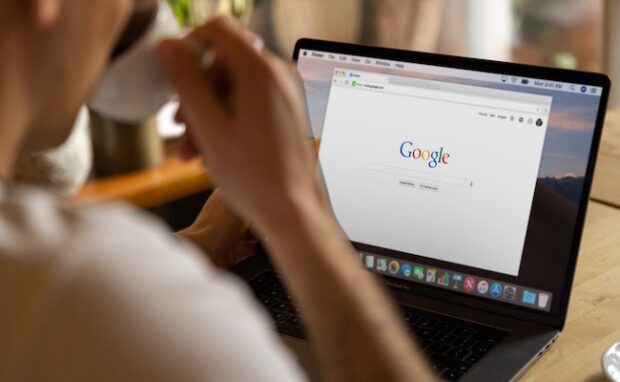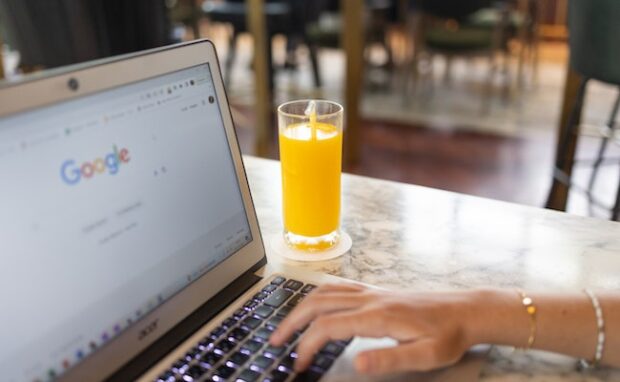Google appeals using online content for AI training unless firms opt-out
Google appealed to Australian authorities to change copyright laws to allow AI systems to train on online content. Yet, the search engine firm proposed companies should have the option to avoid getting scraped by AI. Numerous experts warned that this change could negatively impact smaller online creators.
Artists, writers, and other creative individuals have been decrying companies allegedly using AI to replace them. Google may discuss such a copyright law revision with Australian authorities, but it would likely affect other countries soon. People must understand this issue to protect human intellectual property.
This article will discuss the latest Google AI training proposal to Australian lawmakers. Then, I will cover the other issues surrounding artificial intelligence and copyright, such as the ongoing Hollywood writer strike.
What is in the Google AI training proposal?
The Guardian reported Google asked the Australian government for fair use of AI systems. However, it recently recommended giving publishers a choice to protect their content from AI training.
Specifically, the company told policymakers to promote “copyright systems that enable appropriate and fair use of copyrighted content to enable the training of AI models in Australia on a broad and diverse range of data while supporting workable opt-outs for entities that prefer their data not to be trained in using AI systems.”
Google recognizes that “existing web publisher controls were developed before new AI and research use cases.” It cited editing websites’ robots.txt files to stop web crawlers, but we need new ones for machine learning models. Consequently, it recommended public discourse:
“Today, we’re kicking off a public discussion, inviting members of the web and AI communities to weigh in on approaches to complementary protocols. We’d like a broad range of voices from across web publishers, civil society, academia, and more fields from around the world to join the discussion, and we will be convening those interested in participating over the coming months.”
You may also like: OpenAI is developing a copyright-friendly ChatGPT
However, Dr. Kayleen Manwaring, a senior lecturer at UNSW Law and Justice, said copyright would be a major issue for AI training:
“The general rule is that you need millions of data points to be able to produce useful outcomes … which means that there’s going to be copying, which is prima facie a breach of a whole lot of people’s copyright.”
“If you want to reproduce something that’s held by a copyright owner, you have to get their consent, not an opt-out type of arrangement … what they’re suggesting is a wholesale revamp of the way that exceptions work.”
What are the other issues with AI and copyright?
Google has been busy with other AI-generated media. For example, it discusses with record labels how to license artists’ voices and tunes in AI-generated songs.
Universal and Warner Music argue putting celebrity voices into AI-made songs steals their likenesses and livelihoods. “An artist’s voice is often the most valuable part of their livelihood and public persona, and to steal it, no matter the means, is wrong,” Universal Music general counsel Jeffrey Harleston said.
Warner Music CEO Robert Kyncl said record companies are working with Google to create a tool to charge people for making AI songs. “With the right framework in place,” an AI tool could “enable fans to pay their heroes the ultimate compliment through a new level of user-driven content, including new cover versions and mash-ups.”
You may also like: Sarah Silverman sues OpenAI and Meta for copyright infringement
Like the Google AI training proposal, it allows artists to delist from the system. “There are some that may not like it, and that’s totally fine,” the chief executive stated.
Meanwhile, Hollywood writers protest over Hollywood trying to replace them with AI tools. SAG-AFTRA president Fran Drescher delivered a fiery speech to announce the actor-writer strike. “We are being victimized by a very greedy entity. I am shocked by the way the people that we have been in business with are treating us,” Drescher said.
“The entire business model has been changed by streaming, digital, and AI. This is a moment of history that is a moment of truth. If we don’t stand tall right now, we are going to be in trouble. We are all going to be in jeopardy of being replaced by machines and big business, who cares more about Wall Street than you and your family.”
Conclusion
Google AI training may soon scrape the entire Internet for online content, but it proposed a way for companies to opt out of its system. However, it could significantly impact copyright worldwide.
This issue could change how people own intellectual property. Also, it can shift how writers, actors, musicians, and other creatives earn from their passions.
More details regarding this AI training proposal were unavailable at the time of writing. Check out the latest digital tips and trends at Inquirer Tech.

